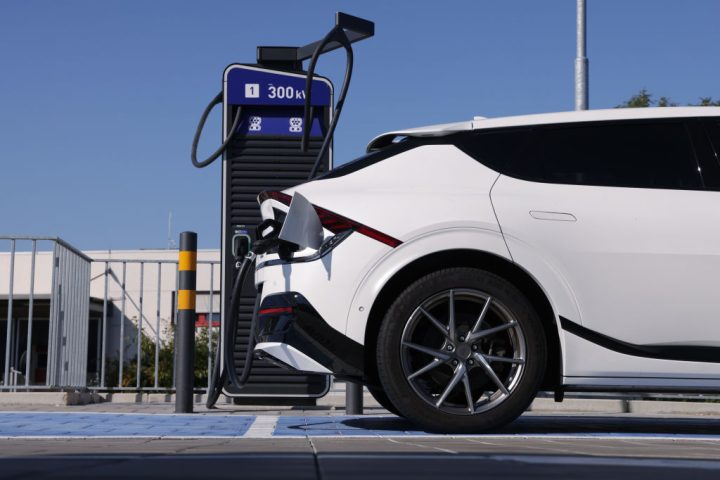The decision of the European Commission to delay, for three years, tariffs on car exports between Britain and the EU is the harbinger of a more constructive relationship between the two. But is it going to save the European car industry? Probably not. It is net zero targets, not Brexit, which are condemning mass-market car production in Europe to possible extinction.
Until this week’s decision, car manufacturers faced a cliff edge. Unless they could show that at least 45 per cent of a vehicle, by value, had been made in Europe, that vehicle would face a 10 per cent tariff if exported from Britain to the EU or vice versa. What might have seemed a good protectionist wheeze when the post-Brexit trade deal was being negotiated became a millstone when European manufacturers realised it was going to be extremely difficult to reach the 45 per cent threshold – especially in the case of electric cars.
From virtually nothing three years ago, China exported half a million cars to European markets in 2022
In spite of predictions that the weight of electric car batteries meant that their manufacturing would need to be undertaken as close to the final market as possible, China has rather cornered the market in batteries for electric cars. They now have a global share of over 90 per cent – a share which has been won thanks to a lower cost base. Given that the batteries account for nearly half the cost of manufacturing a new car, it becomes virtually impossible to meet the 45 per cent European-made content rule while using Chinese batteries.
But here is the irony. One of the main reasons it costs around a third less to manufacture batteries in China than in Europe is cheap energy. But China’s energy is not just cheap, it is very dirty, too. In 2022, 61 per cent of Chinese electricity was coal-powered. We call electric cars ‘zero emissions’, but their manufacture is anything but.
From 1 January, manufacturers must ensure that at least 22 per cent of cars they sell in Britain are pure electric. As such, with Britain and the EU introducing mandates for electric car sales, net zero rules are actually helping to transfer car manufacturing to China.
And it is not just the batteries. From virtually nothing three years ago, China exported half a million cars to European markets in 2022.
While still a low proportion of overall sales, Chinese brands are quickly beginning to dominate the budget end of the electric car market. The future of the European car market is beginning to take shape: Chinese-made cars will proliferate at the bottom of the market, while European manufacturers are increasingly confined to the premium market.
Chinese-made cars may help European motorists to go electric. But so long as China continues to rely heavily on coal power, it is hard to see how the planet benefits all that much (the manufacturing process accounts for a hefty slice of a vehicle’s lifetime emissions). Europe faces losing much of its car industry for a disappointingly small environmental gain.







Comments